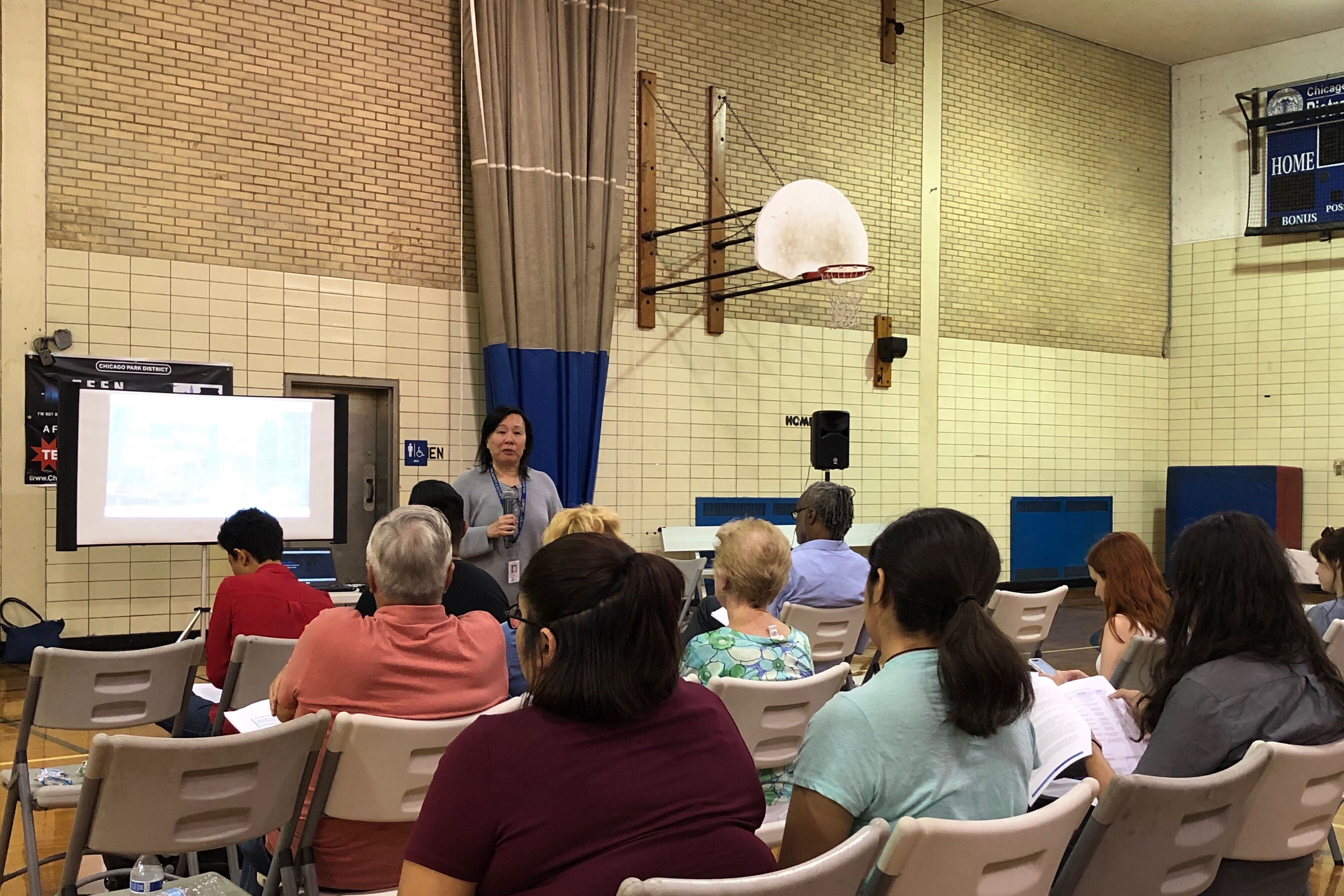A second Chicago high school has taken an advisory vote to remove its school police, the Local School Council secretary at Roberto Clemente Community Academy said Thursday.
The vote sets what may be a growing precedent as the district asks representative bodies at the 70-plus Chicago schools with police to vote over the next month on whether to keep their officers.
Clemente, an International Baccalaureate school in Humboldt Park, joined Northside College Prep in rejecting officers. However, a council member said the vote was not binding, and Clemente’s Local School Council will have to vote again by August 15.
On Wednesday night, Clemente’s Local School Council, a representative body made up of parents, teachers and one student, voted 8-3 in favor of removing school officers this fall. Northside’s council took their vote to remove police on Tuesday night.
Shortly after the vote, some educators from Clemente took to Twitter to ask Chicago Public Schools to give them the money originally allocated for school police, which they argued could be used for academic and mental health support.
While some educators and supporters of removing school police celebrated the vote, council secretary Daniel Marre told Chalkbeat the decision wasn’t final. “It was simply the start of the conversation,” said Marre, a 3-year council member whose son graduated from Clemente this summer.
He said the council wanted to seek additional community input before voting again. Chicago Public Schools did not reply to a request for comment.
Other schools will soon have to weigh the decision: The district has asked councils to take their vote by August 15. Chicago has 144 resource officers at schools, 48 mobile school officers, and 22 staff sergeants.
Recent months have seen a growing youth-led movement in Chicago calling for an end to school police programs, buoyed by similar decisions in other cities spurred by nationwide protests against police violence against Black people.
Chicago’s board of education declined last month to remove police officers from all public schools after hours of emotional debate and public comment.
Mayor Lori Lightfoot and schools chief Janice Jackson have opposed the wholesale removal of police officers from schools, saying they preferred to leave the decision to individual school councils. Critics have said not all councils have enough members to vote, are appointed instead of elected at struggling schools, and, with only one student representative, don’t have enough student voices.
While schools are being encouraged to vote this summer, they can revisit their decision at any time throughout the school year.
Corrected: A previous version of this story did not say the vote was advisory. The story has been updated to clarify that the vote takes was non-binding.







